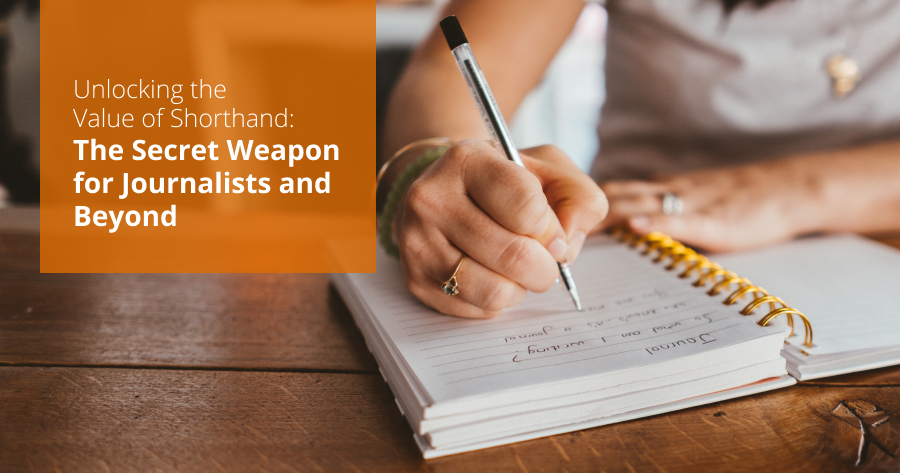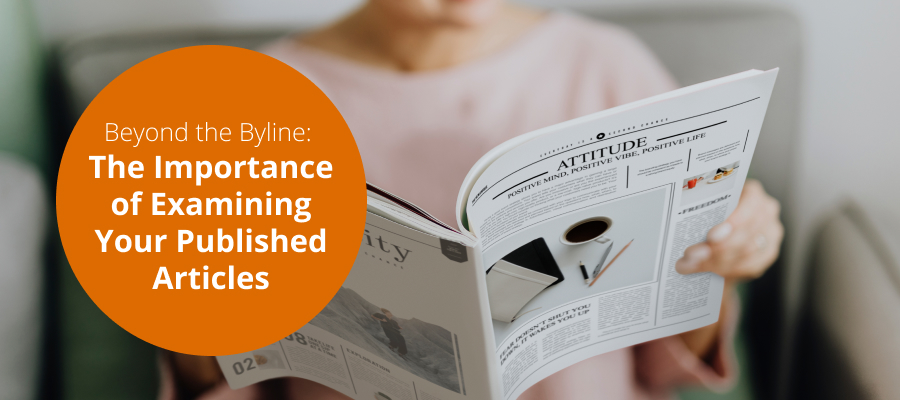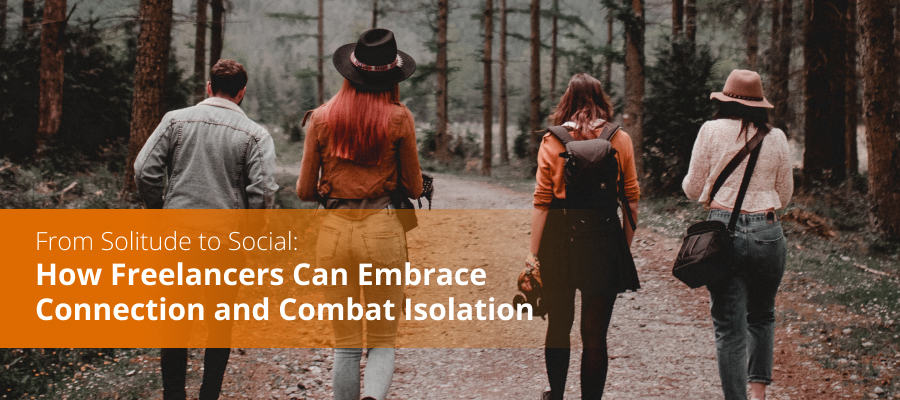It’s great to just be able to grab a paper and pen and take notes if someone phones you unexpectedly, rather than scrabbling around for a tape recorder or recording app.
If you’re interviewing someone in a public place like a café, you don’t need to worry about background noise. And you can’t record over your notes, as most journalists have accidentally managed to do on at least one occasion.
Being able to use shorthand impresses interviewees if you’re speaking to them face-to-face, which proved very important to Judy, our senior tutor, at the start of her career. She was a fresh-faced 21 year old interviewing company directors for a business title. It proved to them that she was a trained journalist rather than a workie and she says, “I always felt I gained respect when they saw my shorthand squiggles”.
Shorthand is also your own secret code if you want to write down something without the other person seeing. This can be particularly useful for profile features or if you are writing a “colour” piece, for example, a behind-the-scenes article.
A total bonus is that it can be useful at home too. Judy writes Christmas shopping lists in shorthand, so it doesn’t matter if anyone else sees it.
If you are serious about learning shorthand, Teeline is easier but Pitman can get you to higher speeds.



